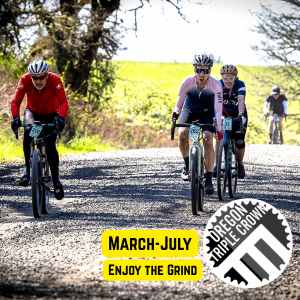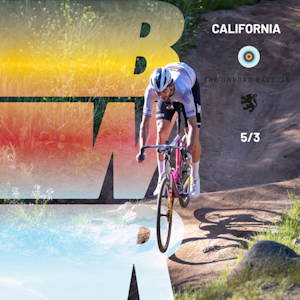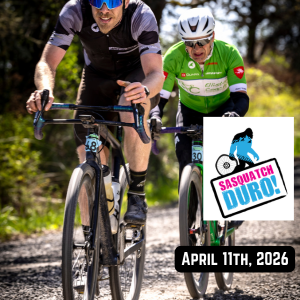How COVID failed to CRUSH Cycling
Gran Fondo Guide provides as insight into how COVID hit the sport of cycling, how it adapted, and how it fought back
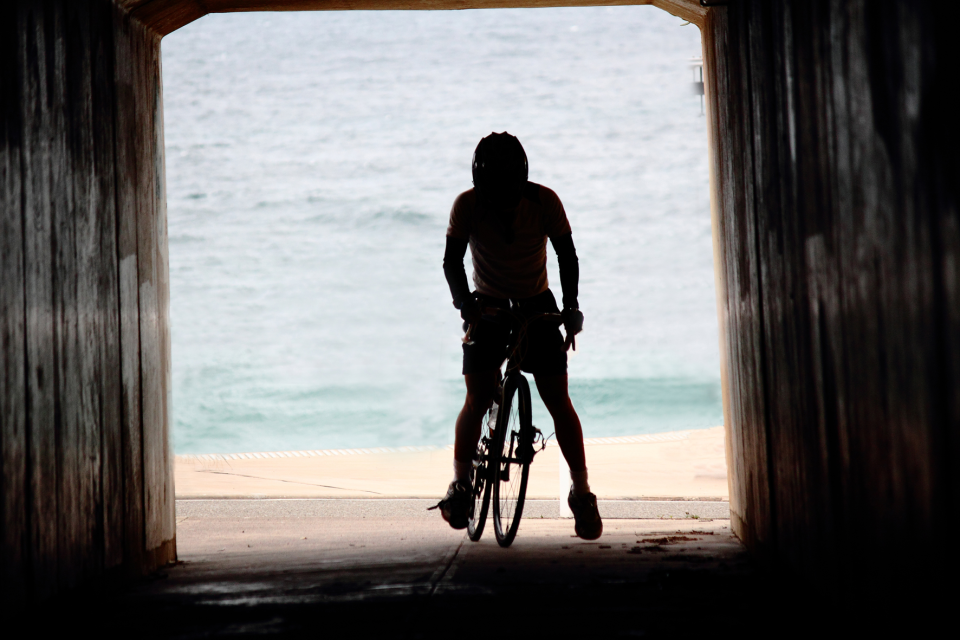
It’s been a tough year for everyone, no one has been unaffected and the months of lockdown and loss have had a huge impact on our mental health.
It was March when the virus spread from the Lombardy region of Italy from China, across Europe into North America and beyond.
When the United States closed it's borders to all international flights, the shock and reality of what was happening started to set in.
The graph below shows the affect of how Coronavirus has impacted on our lives.
COVID hit in March and had a huge impact, in April the world came to terms with our new reality.
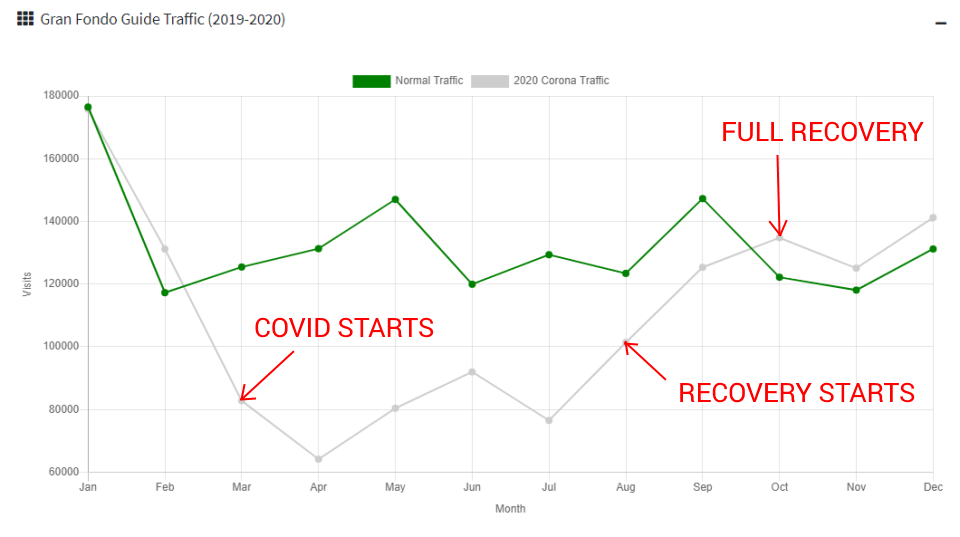
Postponements and Cancellations
Event organizers and cyclists around the world started to adapt. As a huge wave of public health restrictions kicked in, event organizers started postpone events till Autumn or outright cancel, rolling dates over into 2021.
Affected events offered cyclists the option to transfer their entry to next year, donate their entry to charity or provide partial or full refunds.
Disappointment and anger set in as cyclists realized they couldn't take part in their main event.
Cyclists had to adapt and keep training using social distancing and online meeting tools like Zoom.
Going Virtual
On-line cycling platforms like Zwift and Rouvy saw a record increase in numbers of participants. Event organizers adapted by turning their rides into virtual events, providing a risk-free way of participating and in many cases, continuing to raise money for many worthy causes.
The Colnago USA Gran Fondo National Series introduced Solo Fondo's and Driveway Chellenges to keep up the Stoke.
Haute Route Watopia in April 2020 is arguably the biggest virtual cyling event, over 120,000 cyclist took part globally, the next edition takes place in Febuary 2021.
While in-person participation was supressed through Spring, things started to improve as public health restrictions in many countries relaxed rules over the summer period and in August interest started to build again.
Professional Cycling Led the Way
Professional cycling was the quickest to adapt and re-invent safety protocols.
The French, Italian and Spanish governments, against all odds, wanted to see their Grand Tours take place.
The fact that all three Grand Tours, the Tour de France, the Giro d'Italia and La Vuelta took place is truly inspiring.
It was touch and go at points, fans having to learn to wear masks, maintain social distancing whilst cheering the best cyclists in the world do battle as the Pro's endured late season weather conditions.
Some teams had to go home with positive COVID tests, some teams just decided to go home to protect riders and staff.
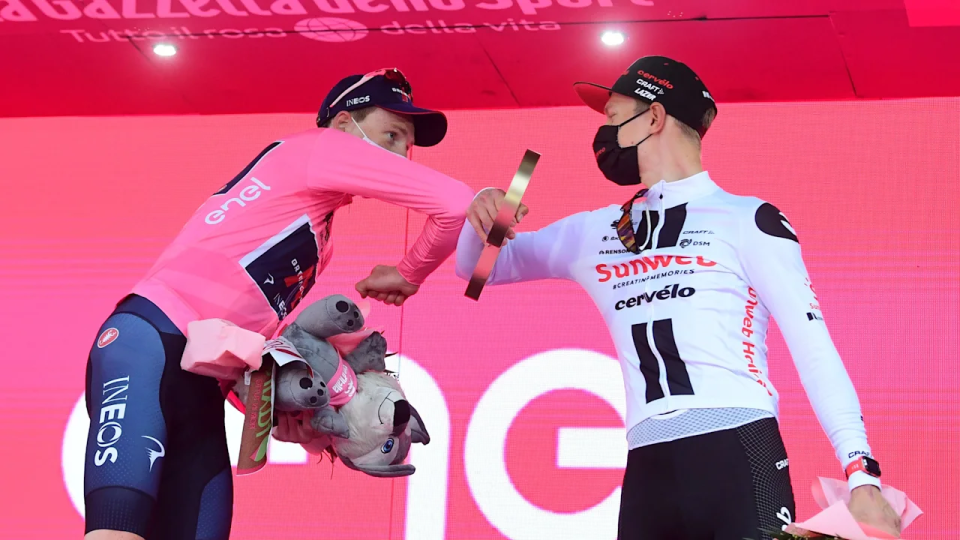
Social Distanced Cyclists Led the Way
Event organizers fought back and there were some amazing stories, like the Cache Gran Fondo in Utah and Natchez Trace Century Ride in Mississippi.
If there was an award for ingenuity and resilience Wendy Bourdin from the Ridgeland Tourism Commission in Mississippi and Troy Oldham lead organizer of one America’s largest and longest-running Gran Fondo’s in Utah would podium.
Farm to Fork Fitness Adventures adapted and sold out their small bike tours across the North East of the United States.
By October, cycling had recovered, the stoke and the passion had returned.
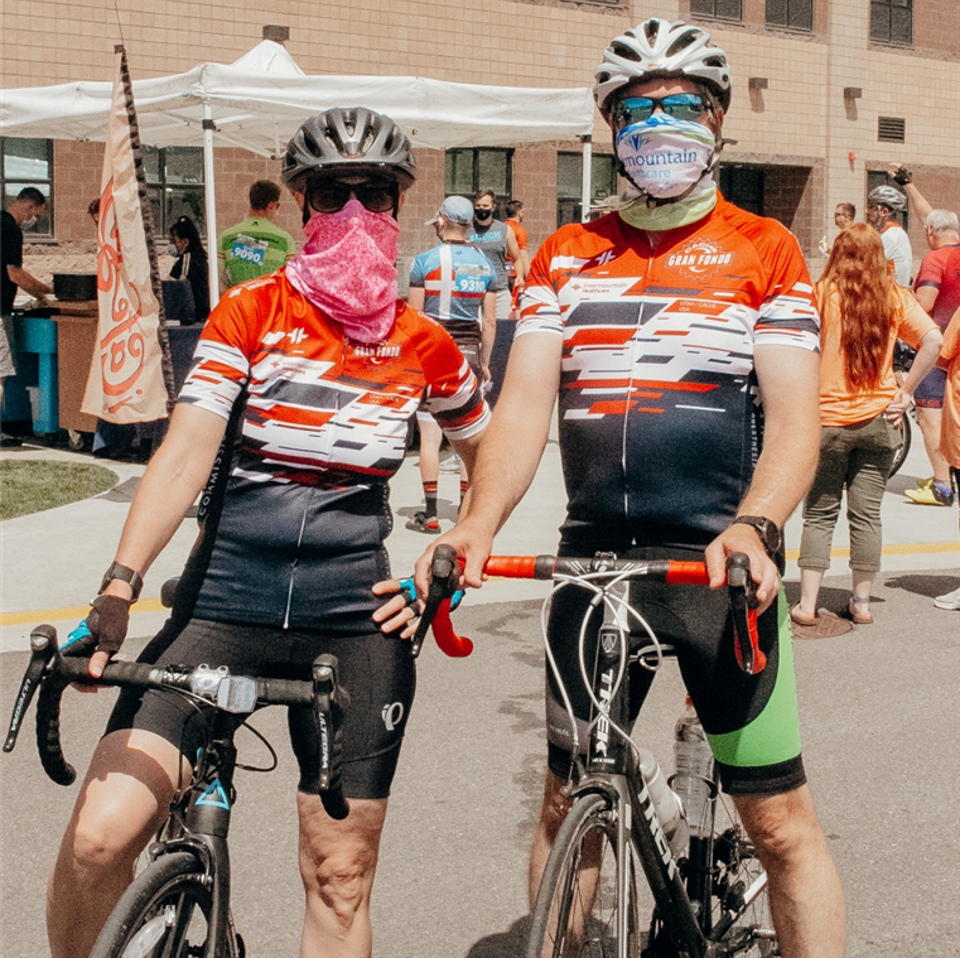
How Cycling has helped our Mental Heath During Lockdown
Again, it’s been a tough year for everyone, no one has been unaffected and the months of lockdown and loss have had a huge impact on our mental health.
Here in the UK, Mental health charity Mind spoke to over 16,000 people about the effects of the global pandemic and more than half of adults (60%) and over two-thirds of young people (68%) said their mental health got worse during lockdown. Mind’s research shows that many developed new mental health problems as a result of the pandemic and, for some, existing mental health problems have gotten worse.
Mind has plenty of advice to share on why cycling can help with depression and feeling low. There are many studies which have shown that doing physical activity can improve mental health. For example, it can help with better sleep – by making you feel more tired at the end of the day. It can improve your mood by releasing feel-good hormones that make you feel better in yourself and give you more energy and it helps with managing stress, anxiety or intrusive and racing thoughts.
Doing something physical releases cortisol which helps us manage stress and being physically active also gives your brain something to focus on and can be a positive coping strategy for difficult times. Studies have shown that doing regular physical activity can reduce the likelihood of experiencing a period of depression.
Light at the end of the Tunnel
With multiple vaccines approved and being rolled out across the world there is light at the end of the Tunnel.
In 2021, the world will start to recover as mass vaccinations get rolled out across the globe.
All we want to do is ride our bikes again, seems so simple?
We wish everyone the very best this holiday season, and we hope that you can find time to get out on your bike!
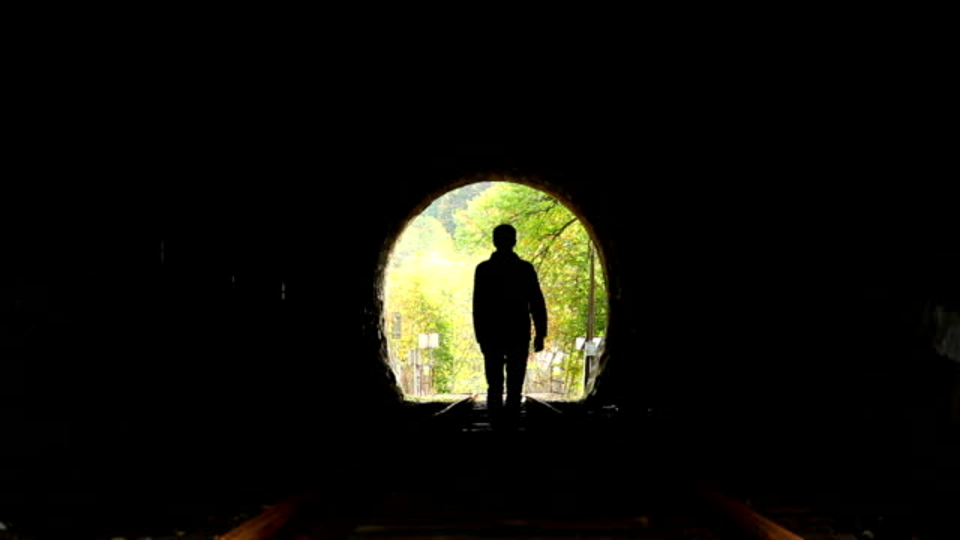


 2026 Route Presentation
2026 Route Presentation

